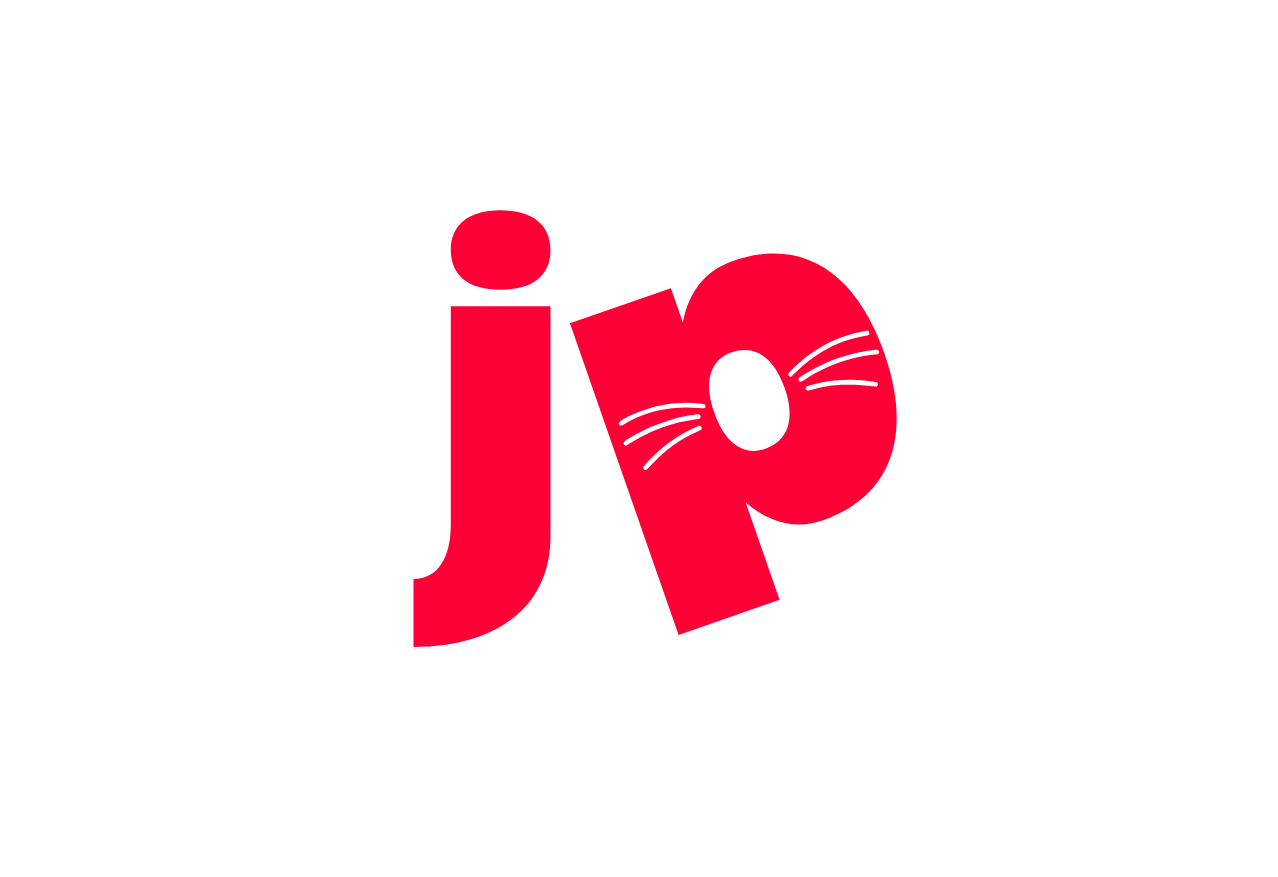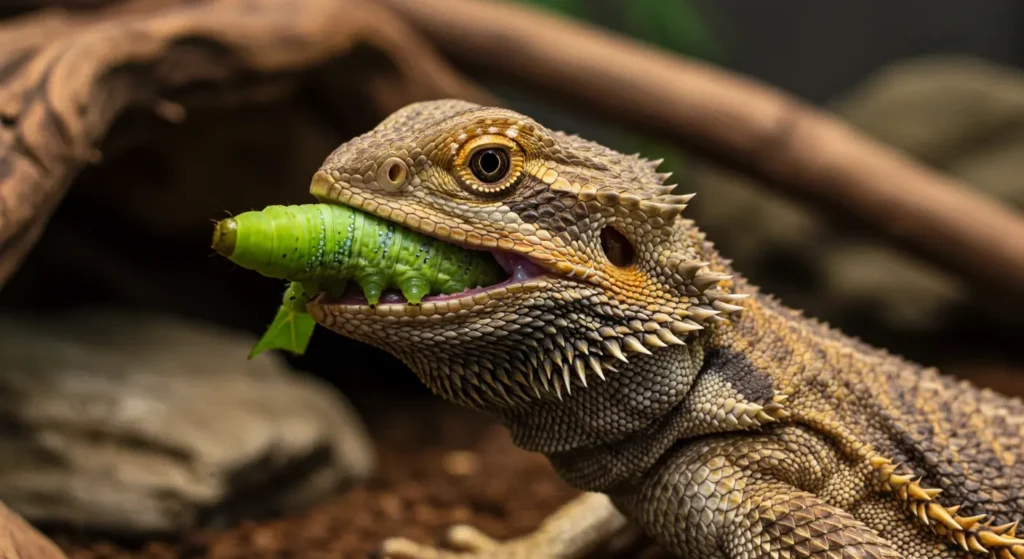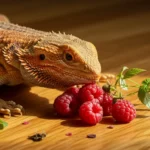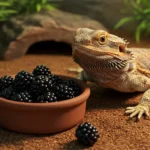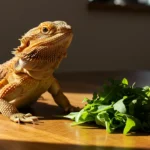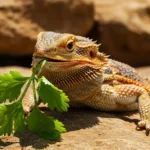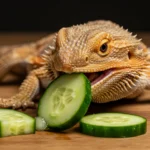If you’ve ever wondered, can bearded dragons eat hornworms, you’re not alone. Many reptile owners are curious about whether these bright green, wriggly insects are a safe and healthy choice for their pets. Known for their soft bodies and high moisture content, hornworms can be a tempting snack — but it’s important to know exactly when and how to feed them.
So, can bearded dragons eat hornworms as part of a balanced diet? The short answer is yes — but there’s more to it than simply dropping a few into the tank. From portion sizes and feeding frequency to nutritional benefits and potential drawbacks, understanding the full picture will help you make the best choice for your bearded dragon’s health. In this guide, we’ll break down everything you need to know about feeding hornworms, so you can offer this treat with confidence.
Can Bearded Dragons Eat Hornworms? Key Facts You Should Know
Hornworms are a popular live feeder insect for reptiles, but can bearded dragons eat hornworms safely? These bright green caterpillars, known scientifically as Manduca sexta, are packed with moisture and protein, making them a tempting snack for Pogona vitticeps. Before adding hornworms to your bearded dragon’s menu, it’s important to understand their nutritional value, benefits, and how they compare to other safe feeder insects for reptiles.
Nutritional Value of Hornworms for Bearded Dragons
Hornworm nutrition for bearded dragons is centered around hydration and moderate protein. They are roughly 85% moisture, which helps keep reptiles hydrated in dry environments. In terms of protein, they provide about 9% by weight, making them a good but not overly rich source. One key consideration for reptile keepers is the calcium-to-phosphorus ratio, which in hornworms is favorable compared to many other feeder insects—usually around 1:3. However, they are relatively low in fat, so they won’t contribute heavily to weight gain. High-moisture feeder insects like hornworms are ideal for balancing the diet of a bearded dragon, but because they are not nutrient-dense in all areas, they should be offered alongside other feeders and vegetables to maintain a complete nutritional profile.
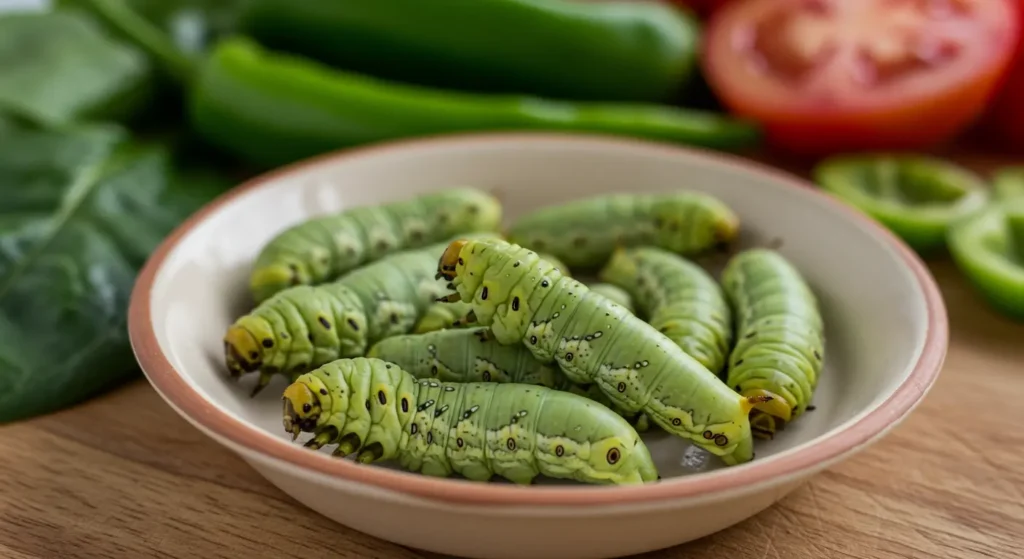
At What Age Can Bearded Dragons Eat Hornworms Safely
Juvenile bearded dragon feeding schedules focus heavily on protein to support rapid growth, and hornworms can be introduced early—often as soon as the baby dragon is large enough to safely swallow them. For baby dragons, smaller hornworms are recommended to avoid choking or digestive issues. Feeding hornworms to baby dragons should be done in moderation, as their high moisture can cause loose stools if overfed. Adult vs baby bearded dragon diet requirements differ: adults require more vegetables and fewer insects overall. For them, hornworms work best as an occasional treat rather than a daily meal. Regardless of age, portion size and frequency should be adjusted to prevent nutritional imbalance while still allowing your dragon to enjoy this tasty, safe feeder option.
Hornworms vs Other Feeder Insects for Bearded Dragons
When comparing feeder insects for reptiles, hornworms stand out for their hydration benefits and ease of digestion. Hornworms vs mealworms, for example, is a clear case of softness over hardness—mealworms have a tough exoskeleton that can be harder for some dragons to digest, while hornworms are soft-bodied and less likely to cause impaction. However, mealworms contain more fat and can be a better choice for underweight dragons. Dubia roaches offer higher protein and a more balanced calcium-phosphorus ratio, making them a stronger staple choice. The best protein insects for bearded dragons often include a variety—rotating hornworms, crickets, and roaches ensures balanced nutrition. Hornworms fill a unique role as a hydrating, visually stimulating treat, but they should not replace more nutritionally complete staples in your dragon’s regular diet.
How Often Can Bearded Dragons Eat Hornworms?
How often can bearded dragons eat hornworms without upsetting their diet balance? While these worms make a nutritious and hydrating snack, they should be offered according to a proper hornworm feeding schedule for reptiles. By following a bearded dragon treat frequency that fits into an overall reptile feeding guide, you can keep your pet healthy while still letting them enjoy this occasional delicacy.
Can Bearded Dragons Eat Hornworms Every Day? Pros and Cons
Feeding hornworms daily to bearded dragons might seem like a good way to provide protein and hydration. However, daily hornworm feeding comes with some risks that owners should consider. Hornworms have high moisture content but are relatively low in essential nutrients like calcium, which is vital for bone health. Feeding hornworms every day can cause an imbalance in your dragon’s diet, potentially leading to nutritional deficiencies. Additionally, overfeeding hornworms may cause digestive issues such as diarrhea or impaction. Hornworm treat frequency should be limited to avoid these problems and to encourage a varied diet. Treating your bearded dragon with hornworms occasionally—about once or twice a week—helps maintain a balanced diet while still offering this tasty snack. Moderation is key to ensuring your pet’s overall health and happiness.
Ideal Feeding Frequency for Juveniles vs Adults
The feeding needs of juvenile and adult bearded dragons differ significantly, especially when it comes to insects like hornworms. Juvenile bearded dragons require a higher protein intake to support their fast growth and development. Because hornworms are soft and hydrating, they make a good protein source for young dragons and can be fed a few times a week in moderation. On the other hand, adult bearded dragons require fewer insects and more vegetables to maintain a balanced diet and healthy weight. Adults should have hornworms as an occasional treat, typically once a week or less. Age-based reptile feeding plans help ensure your dragon gets the right nutrients at each life stage. For added variety, many owners also offer safe fruits like peaches as occasional treats. You can learn more about feeding peaches safely in our guide Can Bearded Dragons Have Peaches? A Sweet Treat They’ll Love. Adjusting hornworm feeding frequency by age prevents overfeeding and promotes long-term wellbeing.
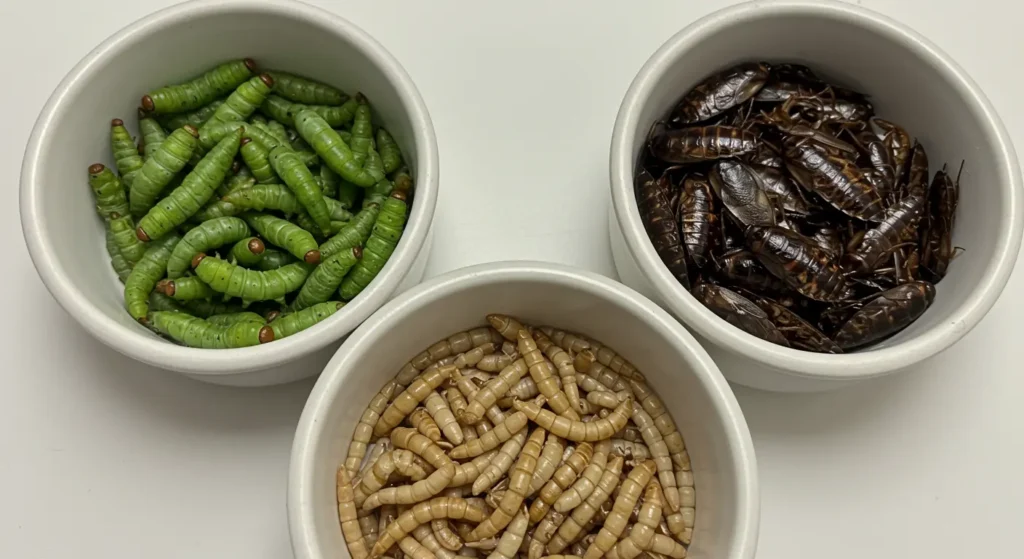
How Many Hornworms Can Bearded Dragons Eat in One Sitting
Proper portion control is important when feeding hornworms to bearded dragons. The number of hornworms your pet can eat depends on its age and size. Juvenile dragons generally need smaller servings, around 3 to 5 hornworms per feeding, while adults can eat more, typically up to 8 to 10 hornworms at once. It’s important not to exceed this amount to prevent digestive upset or impaction. Hornworm portion control should also consider the size of each worm—smaller worms are safer for younger dragons. Using a feeding guide for reptiles helps you offer the right quantity every time. Observing your dragon’s appetite and stool consistency can also guide adjustments. Always prioritize a balanced diet that includes a variety of insects and vegetables.
Balancing Hornworms With Other Protein Sources
Hornworms are a valuable addition to a bearded dragon’s diet, but they should not be the only protein source. A diverse insect diet supports balanced nutrition and keeps your dragon interested in its food. Insect variety for reptiles includes options like crickets, dubia roaches, black soldier fly larvae, and mealworms. Dubia roaches, in particular, are known for their high protein and calcium content, making them excellent for overall health. By mixing hornworms with other feeders, you provide a wider range of vitamins and minerals essential for growth and maintenance. This approach also helps prevent overreliance on one insect, reducing the risk of nutritional gaps. Incorporating a variety of protein sources ensures your bearded dragon stays healthy and thrives.
How Many Hornworms Should a Bearded Dragon Eat a Day?
Determining how many hornworms to feed your bearded dragon each day is essential for maintaining a balanced diet and preventing overfeeding. Understanding the daily hornworm serving size and following a reliable portion guide for reptiles can help manage your pet’s weight and overall health. Proper feeding limits, combined with calcium supplements and gut-loading insects, ensure your bearded dragon receives optimal nutrition.
Recommended Portions by Age and Size
Proper portioning is essential when feeding hornworms to bearded dragons, as their age and size greatly affect how much they should eat. Juvenile feeding portions are typically smaller since young dragons have more sensitive digestive systems and grow rapidly. Generally, juvenile bearded dragons can consume about 3 to 5 small hornworms per feeding session. Adult feeding portions, on the other hand, can be larger—adults may safely eat between 6 to 10 hornworms depending on their size and activity level. Following hornworm serving guidelines helps prevent overfeeding, which can lead to obesity and other health complications. Observing your pet’s behavior and digestion after feeding will guide adjustments. Remember, hornworms should complement a varied diet that includes vegetables and other insects to meet all nutritional needs.
How Many Hornworms to Feed Bearded Dragons for Optimal Health
Knowing the appropriate hornworm diet limits is important for keeping your bearded dragon healthy. Hornworms are high in moisture but relatively low in calcium and other nutrients. Because of this, they are best given as occasional treats rather than staple foods. Balanced feeding reptiles involves offering hornworm treats about once or twice a week to supplement their regular diet. Relying too heavily on hornworms may cause nutritional gaps or digestive issues. To maintain a healthy diet, rotate hornworms with other feeder insects like dubia roaches and crickets, which offer better protein and calcium levels. This variety helps ensure your bearded dragon receives a well-rounded nutrition profile that supports growth, immune health, and vitality.
The Role of Gut-Loading in Hornworm Nutrition
Gut-loading hornworms is a crucial step to enhance their nutritional value before feeding them to your bearded dragon. By feeding hornworms nutrient-rich foods such as leafy greens, carrots, or specially formulated gut-loading diets, you increase their vitamin and mineral content. Preparing hornworms for reptiles in this way means your pet receives more calcium, vitamins, and other essential nutrients that hornworms alone lack. For optimal results, insects should be gut-loaded for at least 24 hours prior to feeding. This practice boosts feeder insect nutrition, helping to prevent common deficiencies and promoting your dragon’s overall health, growth, and immune function. Gut-loading is an easy, effective way to make every hornworm a healthier meal.
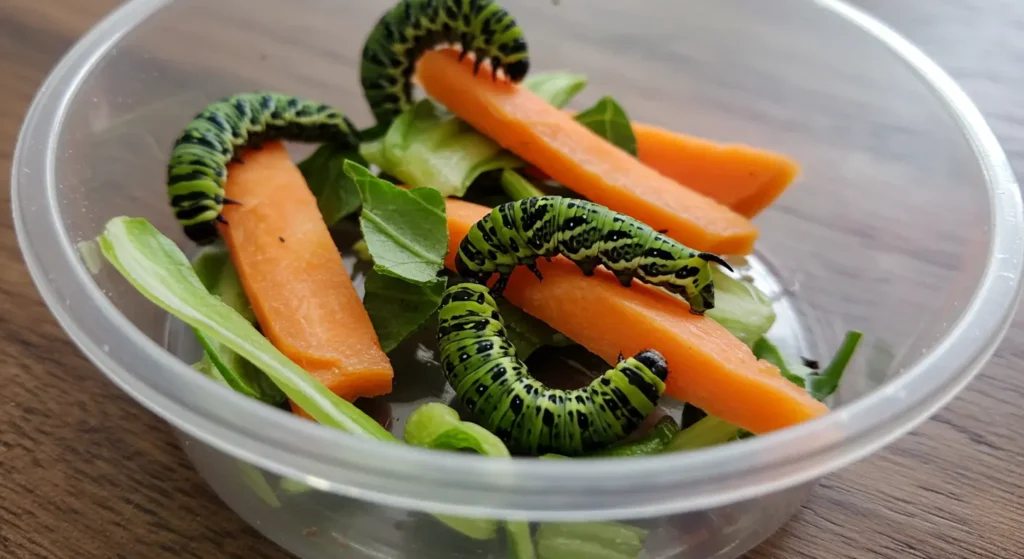
Signs of Overfeeding Hornworms to Bearded Dragons
Overfeeding hornworms can cause several health problems in bearded dragons, so it’s important to monitor feeding amounts closely. Reptile obesity signs may include lethargy, excessive fat accumulation, and reduced activity levels. Feeding too many hornworms can also lead to digestive issues such as diarrhea or impaction because of their soft texture and high moisture content. An unbalanced diet heavy in one type of food can cause nutritional deficiencies over time. Watch your pet’s stool consistency and energy levels to detect overfeeding early. If you notice any adverse signs, reduce the number of hornworms and increase diet variety with other insects and vegetables. Regular vet check-ups also help ensure your bearded dragon stays healthy and happy.
Benefits and Risks of Feeding Hornworms to Bearded Dragons
Feeding hornworms to bearded dragons offers several benefits, but it also comes with some risks that owners should understand. These healthy feeder insects provide valuable hydration and protein, which support bearded dragon health. However, balancing their pros and cons is essential to maintaining optimal reptile digestive health and overall wellbeing.
Key Health Benefits — Hydration, Protein, and Appetite Boost
Hornworms are an excellent source of hydration for bearded dragons due to their high moisture content, which can be around 85%. This hydration from insects helps keep reptiles healthy, especially those that might not drink enough water on their own. In addition to hydration, hornworms provide a moderate amount of protein—about 9%—which supports muscle growth and overall health. Feeding hornworms to stimulate appetite is also common, as their bright green color and movement attract picky eaters and encourage active feeding behavior. These qualities make hornworms a valuable treat to complement your bearded dragon’s regular diet. However, because they are not nutritionally complete on their own, hornworms should be offered occasionally and as part of a balanced feeding plan with vegetables and other insects.
Nutritional Gaps Hornworms Can’t Fill for Bearded Dragons
Despite their appeal, hornworms have some nutritional limitations that prevent them from being a staple food for bearded dragons. Missing nutrients hornworms commonly lack include sufficient calcium and other essential vitamins necessary for bone development and metabolic health. Calcium deficiency reptiles often suffer from metabolic bone disease if their diets are not properly balanced, making calcium intake critical. Hornworms also have a lower fat content compared to other feeder insects, which can affect the energy needs of active dragons. Because hornworms alone cannot provide all necessary nutrients, they should be fed alongside leafy greens, other insects, and calcium supplements. Using hornworms as occasional treats rather than primary food helps ensure your bearded dragon gets a well-rounded and healthy diet.
Are Hornworms Too Fatty or Soft for Bearded Dragons?
Hornworms generally have low fat content, which means they are unlikely to contribute to obesity in bearded dragons. Their soft-bodied texture makes them easy to digest, reducing the risk of digestive impaction that can occur with harder-shelled insects such as mealworms. However, this softness comes with a caveat: because hornworms contain a lot of moisture, overfeeding can lead to digestive upset, including loose stools or diarrhea in sensitive reptiles. While the low fat and soft texture make hornworms a safer treat option, relying too heavily on them without dietary variety may increase the risk of digestive problems. Understanding these bearded dragon treat risks helps owners maintain proper feeding habits and prevent health issues related to diet.
When to Limit Hornworms in Your Bearded Dragon’s Diet
Limiting hornworm feeding is important to maintain a balanced and healthy diet for your bearded dragon. Hornworm feeding limits recommend offering these insects only as occasional treat insects, ideally no more than once or twice a week. This helps avoid overhydration, digestive issues, and nutritional imbalances. Bearded dragon feeding safety involves monitoring your pet’s response to hornworms, such as stool changes or appetite fluctuations, and adjusting the diet accordingly. If any signs of digestive upset or weight problems occur, reducing hornworm frequency and increasing other protein sources and vegetables is advised. Providing a varied diet with insects, vegetables, and supplements is the best way to ensure your bearded dragon stays healthy and happy over time.
Best Practices for Feeding Hornworms to Bearded Dragons
Feeding hornworms safely to your bearded dragon requires proper care and preparation to maximize their nutritional benefits and avoid health risks. Understanding hornworm care for reptiles, including how to store and prepare them, ensures a safe and enjoyable feeding experience. Using tools like reptile tweezers, feeding bowls, and calcium powder can help maintain hygiene and boost your dragon’s diet.
Choosing Healthy Hornworms for Bearded Dragons
Selecting hornworms reptiles can safely eat starts with knowing the signs of healthy feeder insects. Healthy hornworms are vibrant green, plump, and free from discoloration or foul odors. When buying hornworms online, choose reputable breeders who raise insects on safe, pesticide-free diets. Avoid hornworms that appear shriveled or inactive, as these may carry parasites or diseases harmful to your bearded dragon. Healthy feeder insect signs include smooth skin, active movement, and a consistent size suitable for your dragon’s age. Ensuring you select high-quality hornworms reduces the risk of illness and maximizes nutritional benefits for your pet. Always inspect hornworms upon arrival and consider quarantining them if possible before feeding.
Storing and Caring for Hornworms Before Feeding
Proper hornworm storage guide practices are essential to keep hornworms fresh and healthy until feeding time. Hornworms should be stored in a cool, ventilated container with fresh leafy greens, like lettuce or spinach, which serve as their food source. Maintaining a moderate temperature, typically around 65–75°F (18–24°C), slows their metabolism and keeps them active but not stressed. Hornworm care before feeding includes daily removal of waste and uneaten food to prevent mold and bacterial growth. Insect storage reptiles guidelines suggest keeping the habitat clean and checking humidity levels regularly. Proper storage ensures your hornworms remain nutritious and safe, which directly impacts your bearded dragon’s health.
Safe Feeding Methods to Avoid Impaction
Prevent impaction reptiles by following safe insect feeding methods when offering hornworms to your bearded dragon. Impaction occurs when indigestible materials block the digestive tract, often from hard exoskeletons or overfeeding. Hornworms, being soft-bodied, reduce this risk but should still be fed in appropriate quantities and sizes. Use reptile tweezers to offer hornworms directly, controlling portion size and preventing overeating. Feeding bowls can also help keep insects contained and reduce stress during feeding. Avoid feeding insects that are too large for your dragon’s mouth to prevent choking. Additionally, dusting hornworms with calcium powder supports digestion and bone health, further minimizing impaction risk.
Creating a Balanced Diet Plan That Includes Hornworms
Reptile diet planning is key to integrating hornworms into a balanced feeding routine for your bearded dragon. While hornworms offer hydration and protein, they should be part of a diverse feeder insect rotation to provide complete nutrition. Balanced feeder insect rotation includes crickets, dubia roaches, black soldier fly larvae, and occasional hornworms. This variety helps prevent nutritional gaps and keeps your dragon interested in its food. Combine these insects with fresh vegetables and calcium supplementation for optimal health. Creating a balanced diet plan that includes hornworms ensures your bearded dragon receives all necessary nutrients for growth, immune support, and overall wellbeing.
conclusion
Hornworms are undeniably a fantastic treat that can add variety and hydration to your bearded dragon’s diet. Their high moisture content and appealing taste make them an excellent occasional snack to stimulate appetite and provide essential protein. However, they are not a complete food source and lack critical nutrients like calcium, so they should always be fed alongside a diverse diet rich in leafy greens, vegetables, and other nutrient-dense insects. Feeding hornworms responsibly—choosing healthy specimens, storing them properly, and offering them in appropriate portions—will help keep your bearded dragon healthy and thriving. Balancing hornworms with other feeder insects and fresh foods tailored to your dragon’s age and needs is the key to a long, vibrant life. When incorporated thoughtfully, hornworms can truly be a valuable addition to your pet’s feeding routine.
